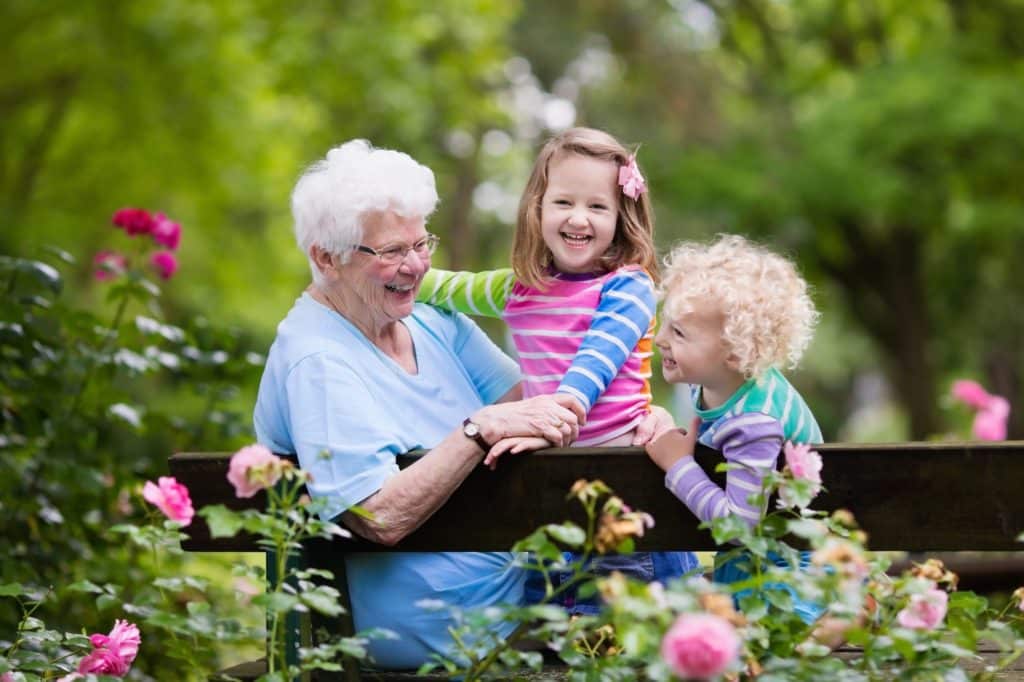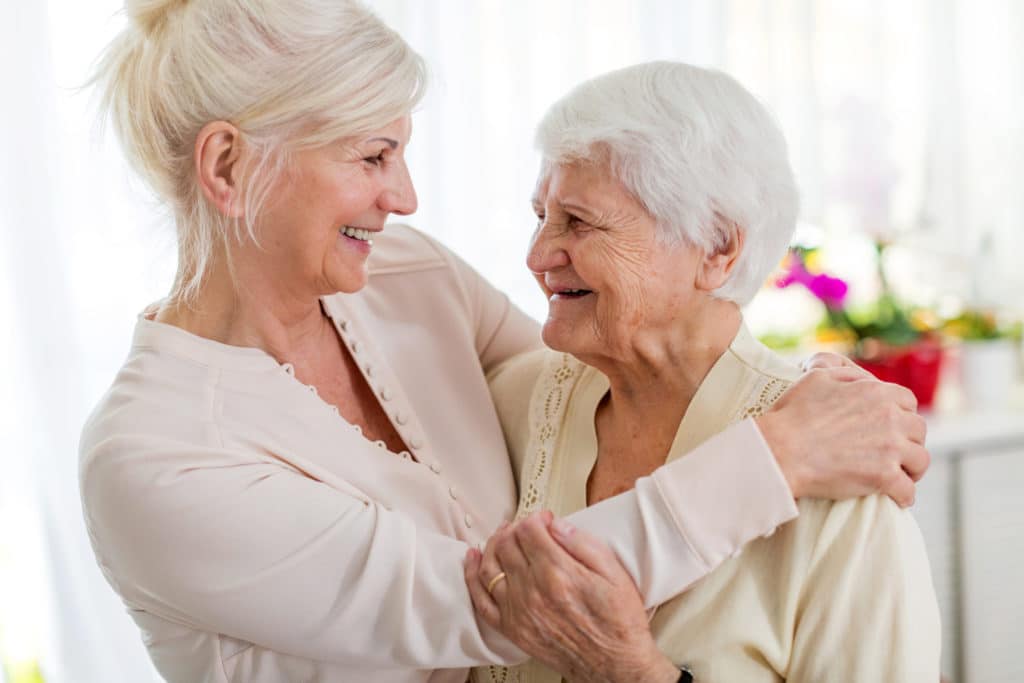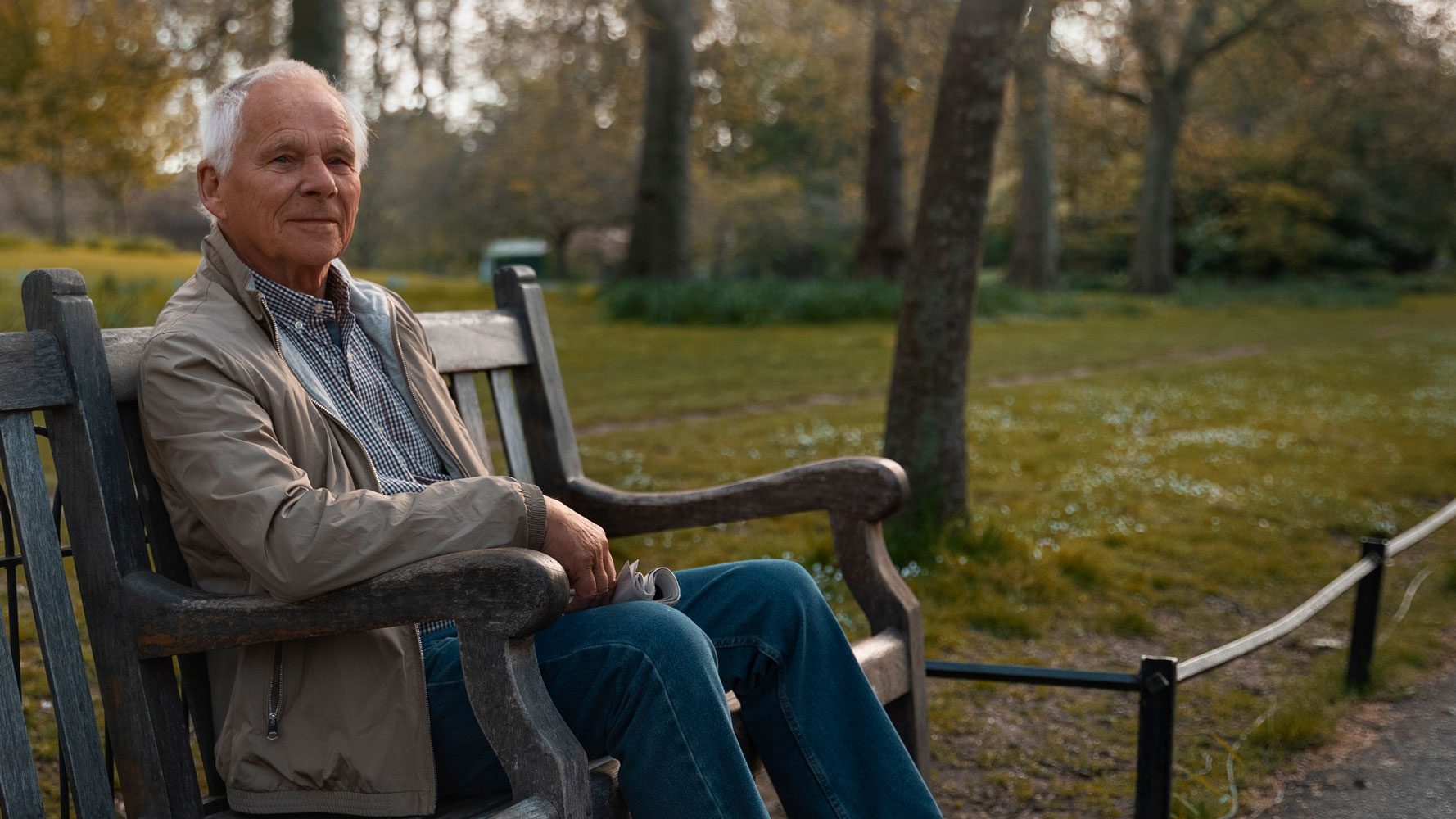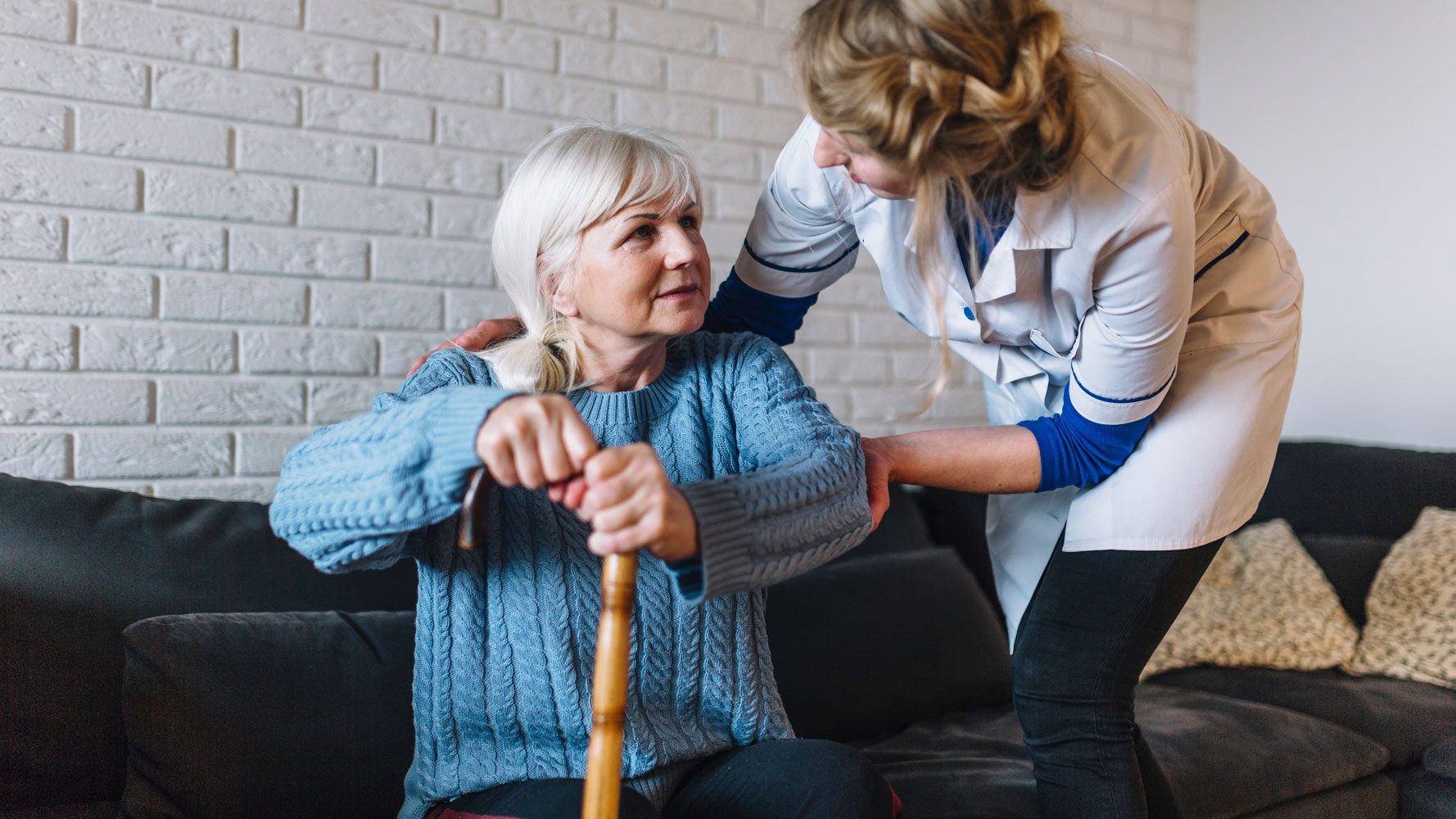Elder abuse is an important issue for Australians to be aware of.
If you suspect that you or a loved one are suffering elderly abuse or if you wish to gain a deeper understanding of the issue, this article will explain what you need to know.
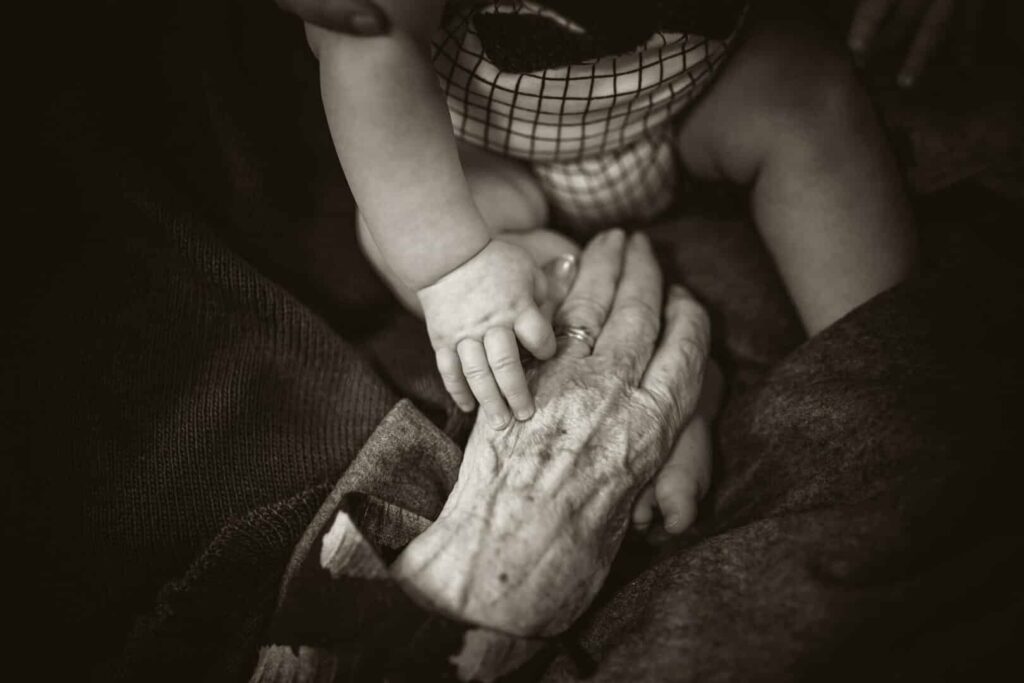
What is elder abuse?
Elder abuse is an intentional act or failure to act that causes or creates a risk of harm to an older adult.
Like any form of abuse, when there is abuse of elderly people there is often an issue of power imbalance and a feeling of helplessness or guilt in victims.
However, like all forms of abuse, the victim is not to blame.
What constitutes an ‘elder’?
In Australia, an elder is generally a person aged 65 and over. However, there is no hard and fast definition for ‘elder’ in Australia, and regulations will vary from state to state and even between organisations.
Aboriginal and Torres Strait Islanders are often considered elderly from around the age of 50-55.
Types of elder abuse
Abuse of elders can come in many forms and varies from mild to extreme. Whatever the type or severity of the abuse, the issue of elderly abuse should always be treated seriously.
Elder physical abuse
It is considered physical abuse if someone commits any form of deliberate physical harm to an elder, including causing illness, pain, injury, functional impairment, distress or death. Acts such as hitting, kicking, burning, pushing or slapping and intentional poisoning are all classified as physical abuse under the definition of elderly abuse.
Elder emotional or psychological abuse
Anguish, mental pain, fear or distress intentionally inflicted through verbal or non-verbal means classify as emotional abuse. Threats, humiliation, disrespect, harassment and deliberate isolation can all be considered emotional abuse of the elderly.
Elder sexual abuse
Any unwanted sexual interaction is considered sexual abuse. Sexual abuse may include physical contact or verbal harassment.
Elder neglect
If a person who is deemed responsible for the care of a senior fails to care for their basic needs, including food, water, shelter, clothing, hygiene, and essential medical care, they may be guilty of neglect and abusing the elderly.
Self-neglect can also be an issue with older Australians. If a senior fails to take care of themselves when they are actually competent, they may be committing self-neglect due to depression or some other reason. Failing to notice symptoms of self-neglect can lead to serious self-harm.
Elder financial abuse
Illegal, unauthorised or improper use of a senior’s money, benefits, belongings or property is considered financial abuse.
Elder abandonment
Abandonment is similar to neglect but is more absolute. Abandoning an older person means leaving them entirely to their own devices without confirming alternative care arrangements.
Who commits elder abuse in Australia?
The following community members may be responsible for abuse of the elderly:
Family
Seniorsrights.org.au shares that the people most likely to commit elder abuse are the offspring of the elder.
Sons and daughters are the most common perpetrators of elder abuse. Elder abuse can also be carried out by more than one individual, with in-laws also being common co-abusers. For instance, a son and a daughter-in-law might perpetrate abuse together.
A spouse can also be guilty of elder abuse.
Aged care facilities
The Royal Commission led to a number of changes across the aged care industry, with the goal of improving the quality of care elderly people receive. Every aged care home provider should be able to demonstrate to the Aged Care Quality and Safety Commission that it meets aged care quality standards.
Carers and other community members
There have also been circumstances where carers have breached their duty of care and been responsible for elder abuse. And while a report from the former NSW Elder Abuse Helpline and Resource Unit (now part of the NSW Ageing and Disability Commission) showed that psychological and financial abuse were the most common types of abuse, unfortunately there are occurrences where elderly people are physically assaulted while in the community.
Case studies
Here are a few case studies taken from a National Association of Community Legal Centres document. The cases themselves were sourced from community legal centres across Australia in 2018.
Nancy
At 91, Nancy was frail and in poor health. When her son, his partner and their two adult children moved in with Nancy, neighbours began reporting to police that they believed Nancy was being subjected to verbal, financial, emotional and physical abuse by her son and grandchildren.
Nancy would not provide a statement, making any action difficult for the police. A Family Violence Safety Notice did nothing to prevent Nancy’s son from living with her.
When Nancy had to visit the hospital after a ‘fall’, the nursing staff noticed that Nancy’s son was making her anxious by demanding money. Nancy admitted to staff that her son was pressuring her to appear in court to revoke the intervention order.
Nursing staff contacted an elder abuse advocate, and her condition is now being monitored to ensure her safety. Nancy’s story shows instances of emotional abuse, elder financial abuse and possible physical abuse.
Moira
Moira was 75 years old and suffered from dementia. Her condition meant that she was assessed as having no capacity to make financial decisions. Her sister was given power of attorney.
When her husband passed, Moira’s nephew, Gavin, who had a history of physical abuse against Moira, moved into Moira’s home with his wife. Moira was moved to the back of the house.
Gavin denied Moira access to the kitchen sink, forcing Moira to wash her dishes in the bathroom.
Gavin arranged to refinance Moira’s mortgage so he could do work on the property.
As a result of this Moira and Gavin ended up in arrears with the lender. Since Moira is incapable of making financial decisions and most likely did not wish to refinance, this is a clear case of financial abuse. Moira is now receiving help from Consumer Action to resolve the issue.
See more case studies around the abuse of elderly people here.
What is being done to prevent elder abuse in the aged care system?
The 2020 Royal Commission in Aged Care led to a long list of recommendations to overhaul the Australian aged care system. The recommendations, released in March 2021, outline a highly comprehensive list of means to increase the levels of respect and care for elderly Australians. The aim is to ensure that elderly Australians receive the care, respect, and dignity that they deserve in all levels of aged care across the country.
The Royal Commission was part of the much broader National Plan to Respond to the Abuse of Older Australians (Elder Abuse) 2019–2023. This plan has initiatives in five priority areas:
- Enhancing our understanding of elder abuse
- Improving community awareness and access to information
- Strengthening service responses
- Planning for future decision-making and
- Strengthening safeguards for vulnerable older adults
Within these five priority areas, the plan also has these five key objectives:
- Empowering all older Australians to live with their preferred level of autonomy and have a say in decisions that affect their day-to-day life
- Promoting positive views of ageing in the community
- Ensuring there’s somewhere to turn if an older person needs help to prevent abuse and neglect
- Developing a nationally consistent approach to identifying and responding to abuse and neglect of older Australians, and
- Building on our understanding of abuse of older Australians and its effects
How to tackle and report elder abuse
If you have concerns about the possible abuse of an elderly person, call the Australian Government’s Department of Health and Aged Care Elder Abuse hotline/phone line on 1800 353 374.
In more serious instances, you can also contact your local police department.
Perhaps the best way to prevent or at least lessen the likelihood of elder abuse is to ensure you have a frequent presence in your older loved one’s life and communicate openly with them. Ask questions about how they are being treated and keep a diary of the comments they make if you are worried.
Unfortunately, an issue that can often unintentionally lead to elder abuse is exhaustion and resentment on the part of a family carer. If one person in your family shoulders most of the burden in caring for your older loved one, you must make sure that they also have the support they need. It may be the case that respite care is required to give the regular carer a rest from their duties.
A short-term respite care stay at an aged care facility can help you decide if a permanent move is the right choice for you or your loved one. Many aged care facilities offer respite care across Australia. You can contact Aged Care Decisions for help finding urgent care.
How to help avoid elder abuse in aged care
Strict policies are in place to ensure aged care providers are compliant in many areas, including the way they treat their residents.
Talk to staff and residents before you select an aged care facility to confirm the quality of the home. A facility where the residents appear happy and relaxed and the staff are friendly and have time to answer your questions is likely the right choice.
Read more: What is mandatory reporting in aged care?
Online reviews are also an excellent way to check the quality of an aged care facility. Visit the largest aged care reviews website at https://agedcarereviews.com.au/ to find helpful reviews of facilities near you.
Aged care is an important and necessary service, but it’s crucial that the right decisions are made when it comes to choosing a facility for your loved one.
Aged Care Decisions provides assistance to families at every stage of the aged care or home care journey. We work with over 1200 facilities and assist over 6000 families every month, 100% free of charge for families.


